The term “Human Nature” is an emphasis on how we separate ourselves from the natural species. We seem to believe that we are rational and moral beings in comparison to the other species, and it’s apparently against our nature to behave purely on instinct as animals do. Human nature also equates to human behaviour.
But we humans, have an intrinsic nature to us, just as much as any of the flora and fauna mentioned previously. Although it is largely believed that we are above the instinctual habits of the other species, this cannot be further from the truth. Humans are social creatures, we have a very distinct social hierarchy and order that is followed, from the most sophisticated of nations to the most primitive of tribes, a hierarchy of order exists. Certain rules are followed and those rules change depending on social norms.
Characteristics of Human Behaviour – R. Greene
1. Irrationality – Manage your thoughts and emotions that can be poisoning your progress
Be aware of instinctual urges based on fear. Humans are fundamentally irrational creatures, like the other species we depended on instinct to survive, and our instincts have evolved into fear.
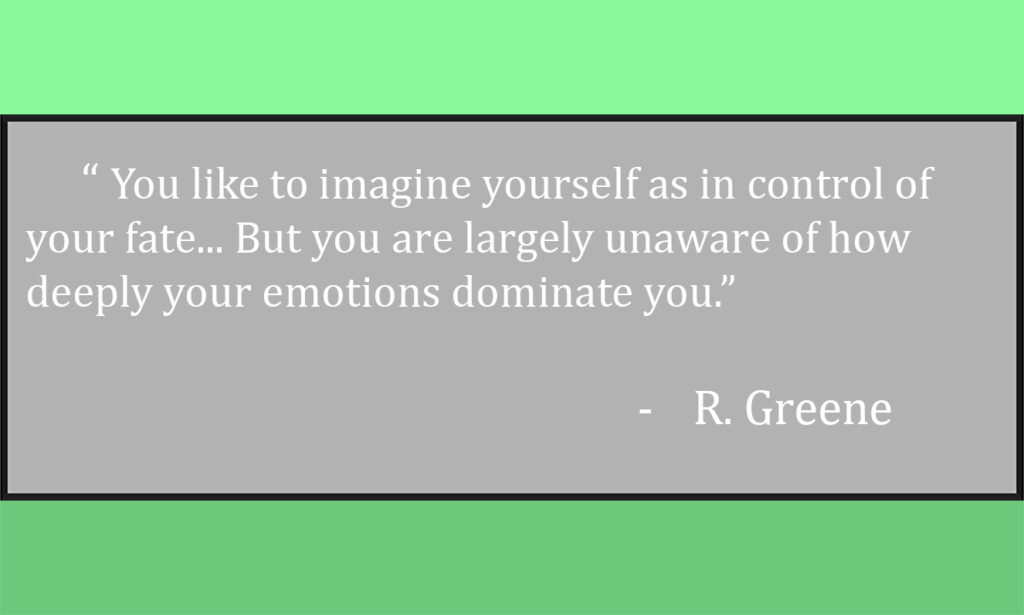
2. Narcissism – Transform self-love into empathy
Humans are social creatures; we are born with the need for attention. Some of us will commit crimes, suicide, or perform a hoax just to get that attention.
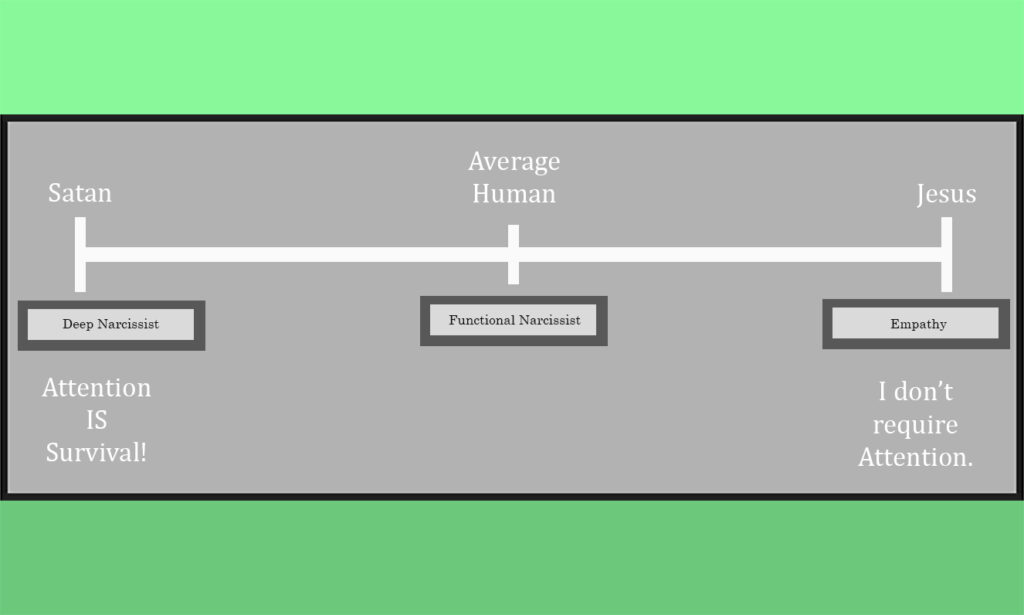
3. Role-playing – See through the acts people play.
We all put on a mask when interacting in a social setting. See through the cracks by reading micro-expressions; non-verbal cues we all briefly display showing our true reactions and feelings. (Facial expressions, voice inflections, body tension, etc.)
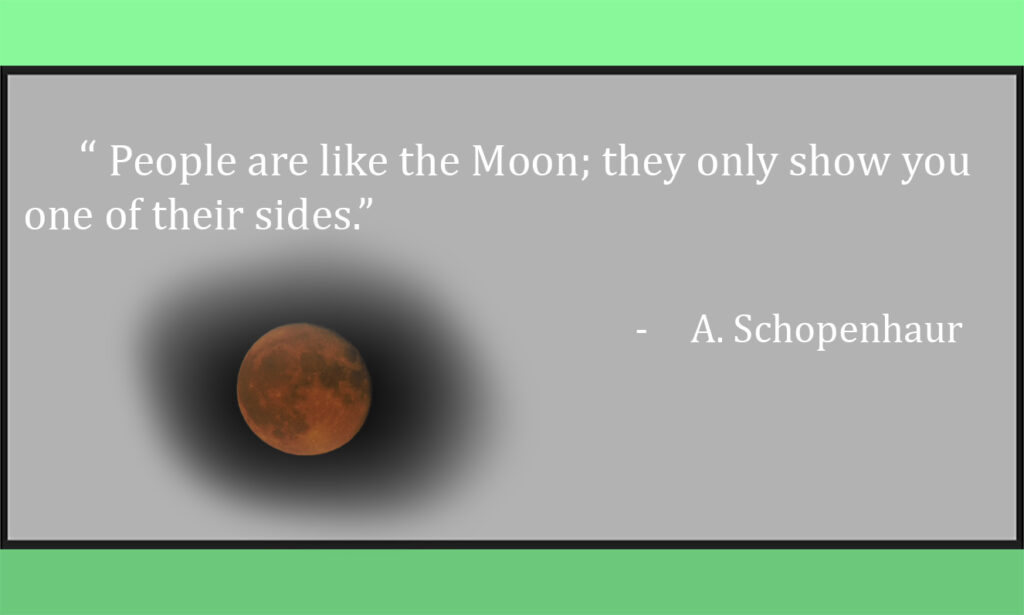
4. Compulsive Behaviour – Determine the strength of people’s character as well as your own.
One’s character can be measured by how well one handles adversity, how well one works with others, and their patience.
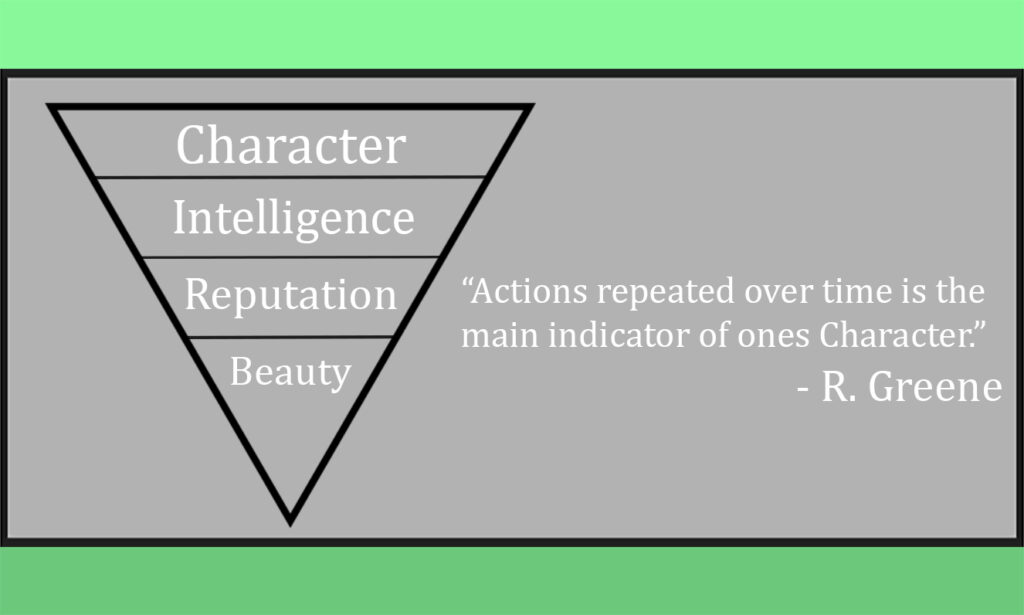
5. Covetousness – Become an elusive object of desire.
Once you are figured out, you become less appealing.
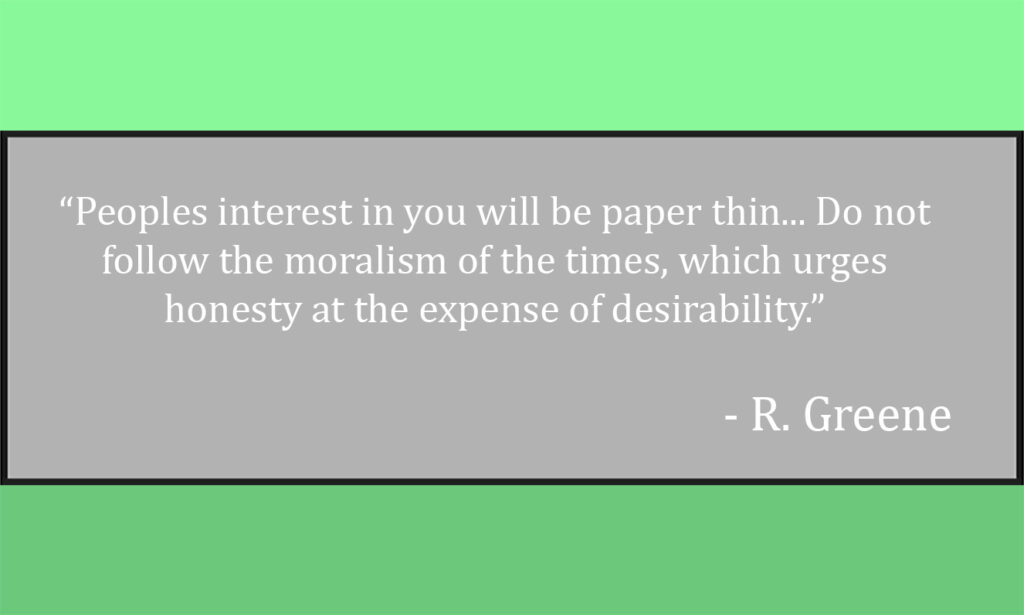
6. Short-Sightedness – Elevate your perspective.
Humans are mostly interested in the present moment and what is presented directly in front of them. Those with a limited perspective, who are reactionary to the present are easier to manipulate and control.
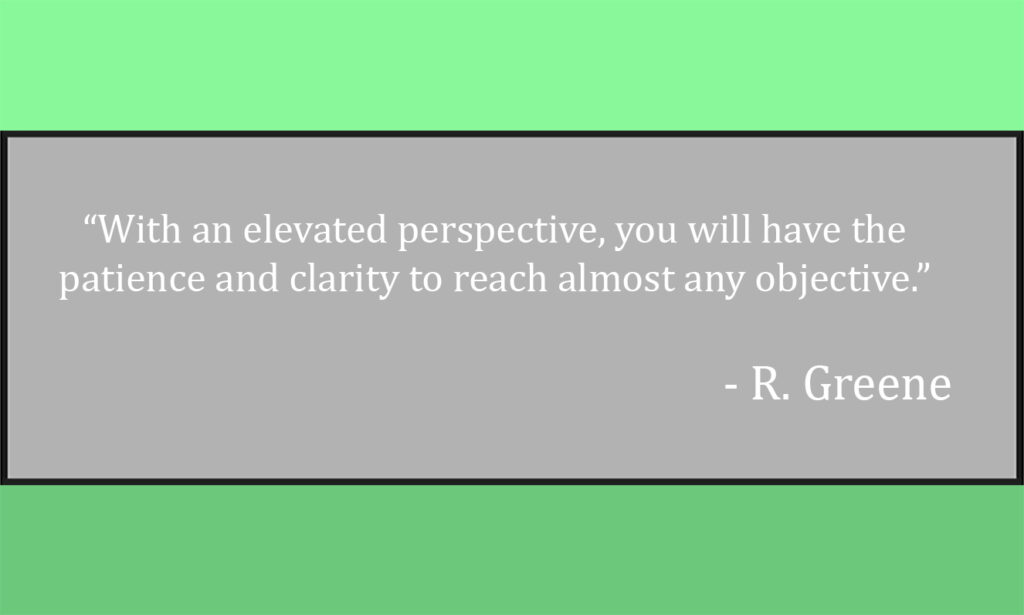
7. Defensiveness – Decrease resistance by confirming people’s self-opinion.
People want to believe they are independent and in control of their own lives.
| Universal Self Opinions | |
| 1. | I am autonomous; acting of my own free will |
| 2. | I am intelligent in my own way |
| 3. | I am basically good and decent |
8. Self-sabotage – Change your circumstances by changing your attitude.
The way you interpret the world around you will create your attitude.
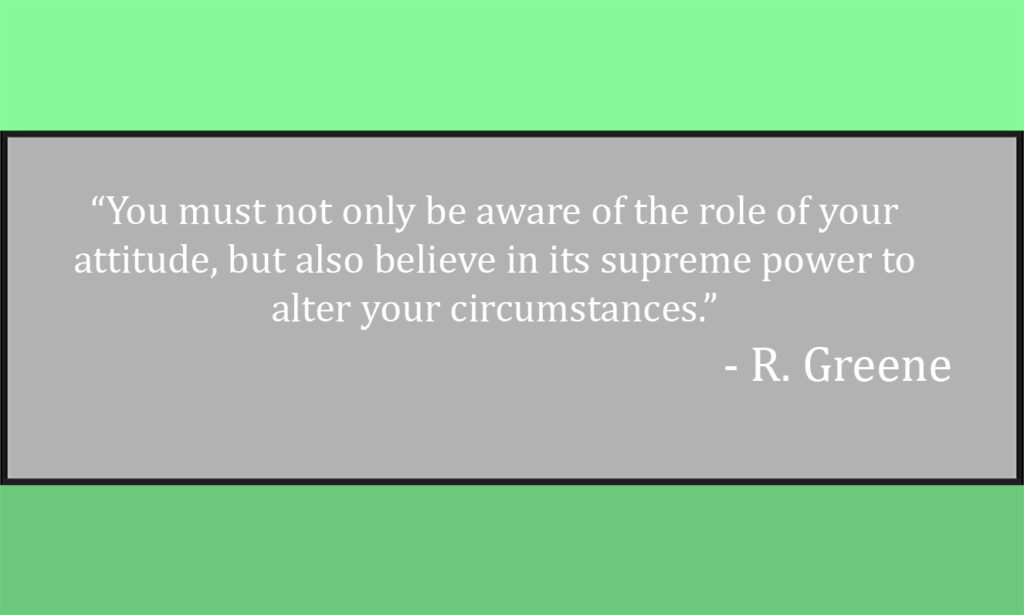
9. Repression – Confront your dark side
Bring your darkness out into the light so it cannot control you from the shadows.

10. Envy – Beware the fragile ego in others and in yourself.
Acquire the ability to distinguish between passive envy (Seeing what someone has that we want and being motivated to get it) and active envy (Seeing something we want in others and sabotaging them).
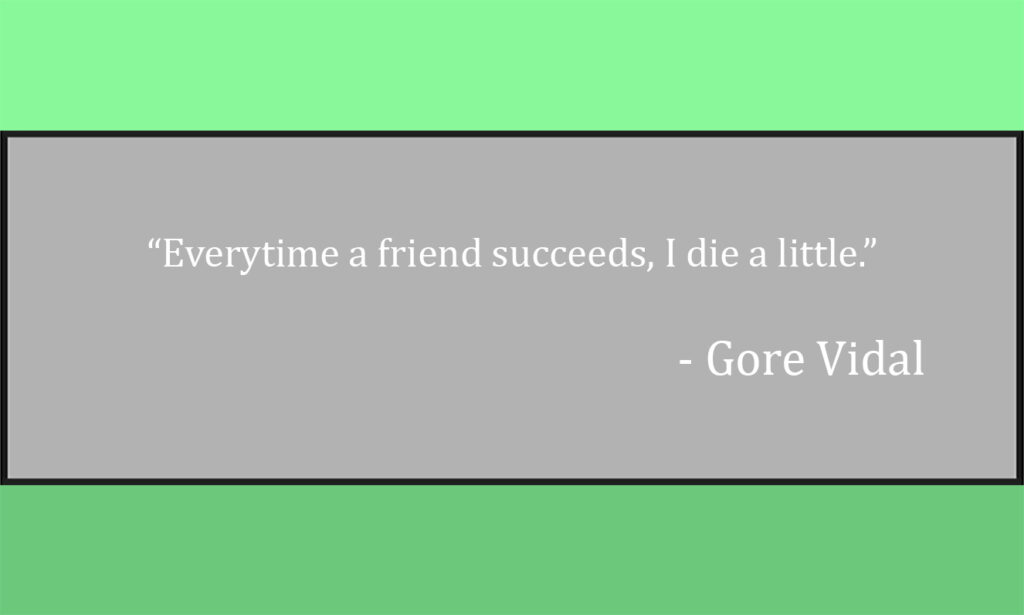
11. Grandiosity – Know your limits
As soon as the perception of our greatness and brilliance differs too much from reality, we become grandiose.
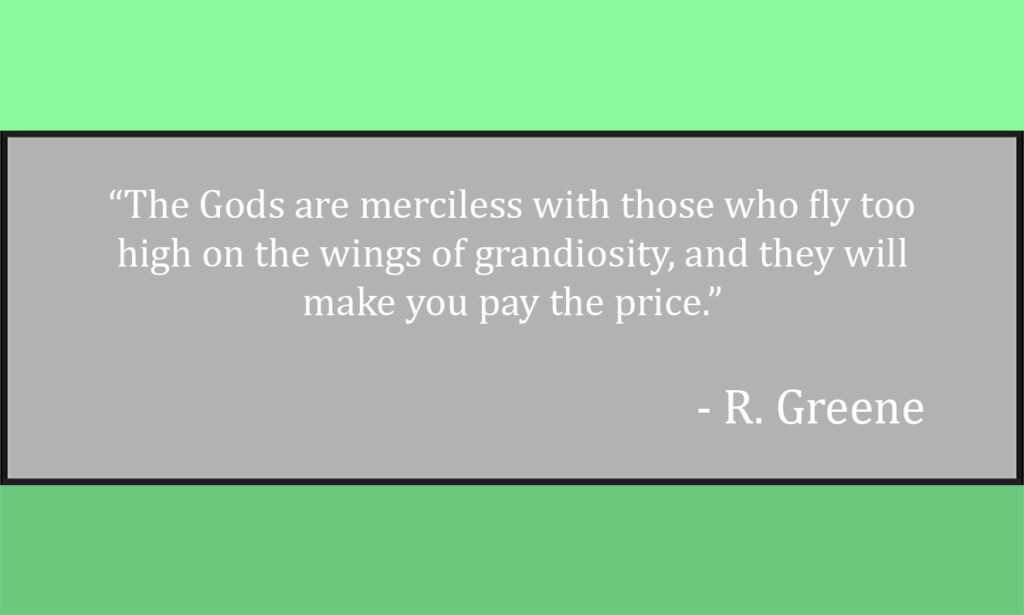
12. Gender Rigidity – Reconnect to the masculine or feminine within you.
Carl Jung talks about the anima (unconscious feminine part of a male) and the animus (unconscious masculine part of a female), of which we should all try to be self-aware.
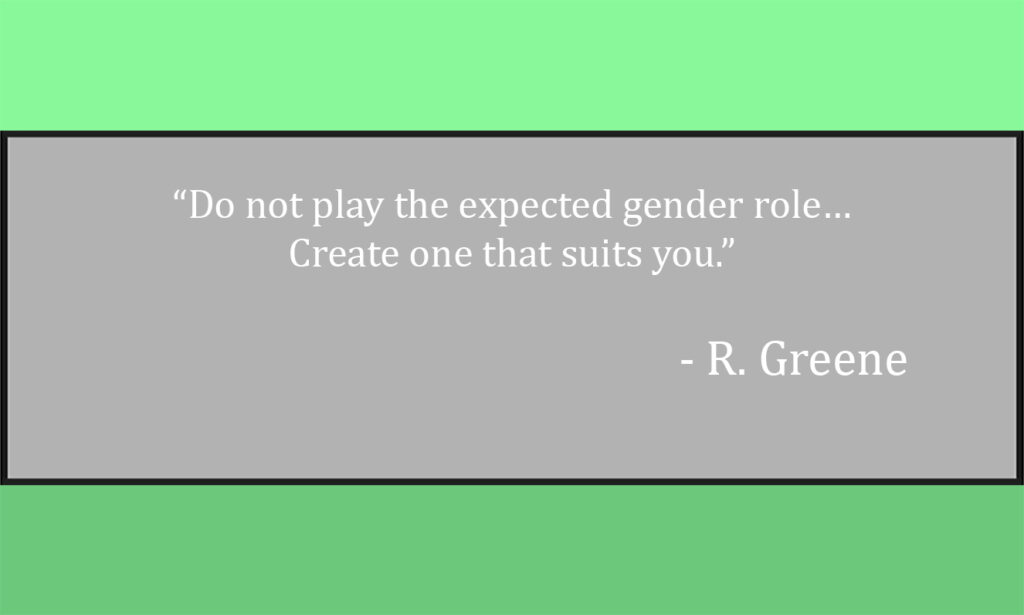
13. Aimlessness – Go forward in life with a sense of purpose.
Direction without purpose is aimlessness which eventually leads to a dead end.
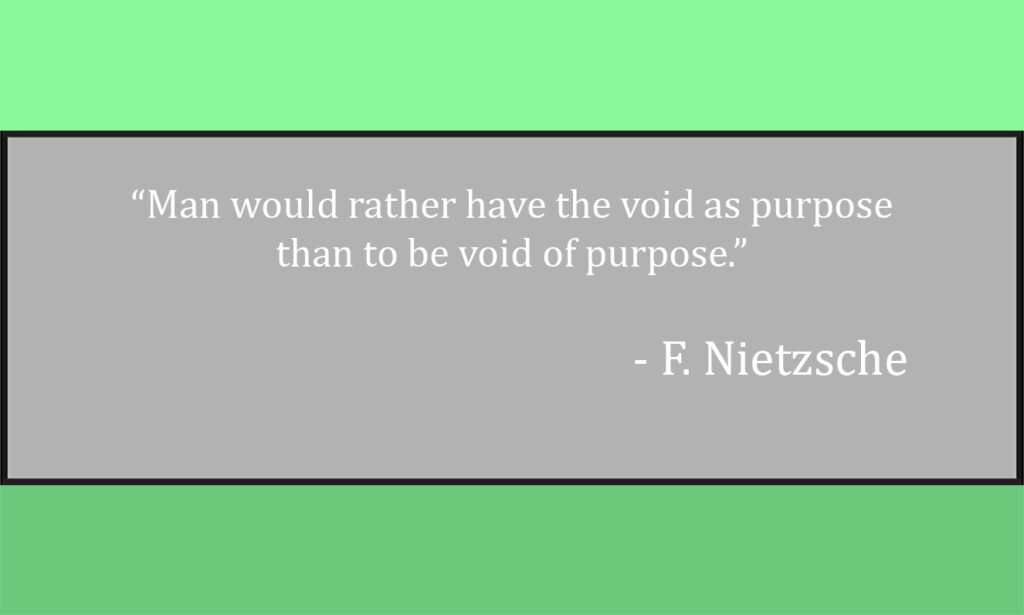
14. Conformity – Resist the downward pull of the group, beware of crab in the bucket mentality.
Our social personality is who we become in a group of people; where we unconsciously imitate what others say and do.
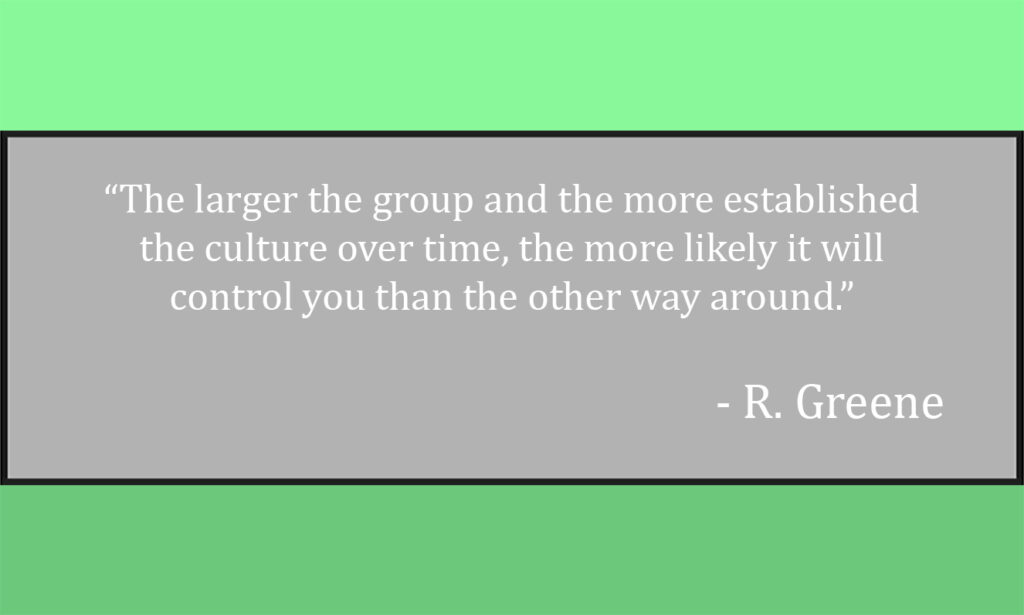
15. Fickleness – makes them want to follow you.
People tend to mixed feelings and contradictory opinions about those in charge.

16. Aggression – See hostility behind the friendly face, it’s usually in the eyes.
We all have human aggression in our DNA, we are wired for it, it is latent, waiting to be utilized in all of us.
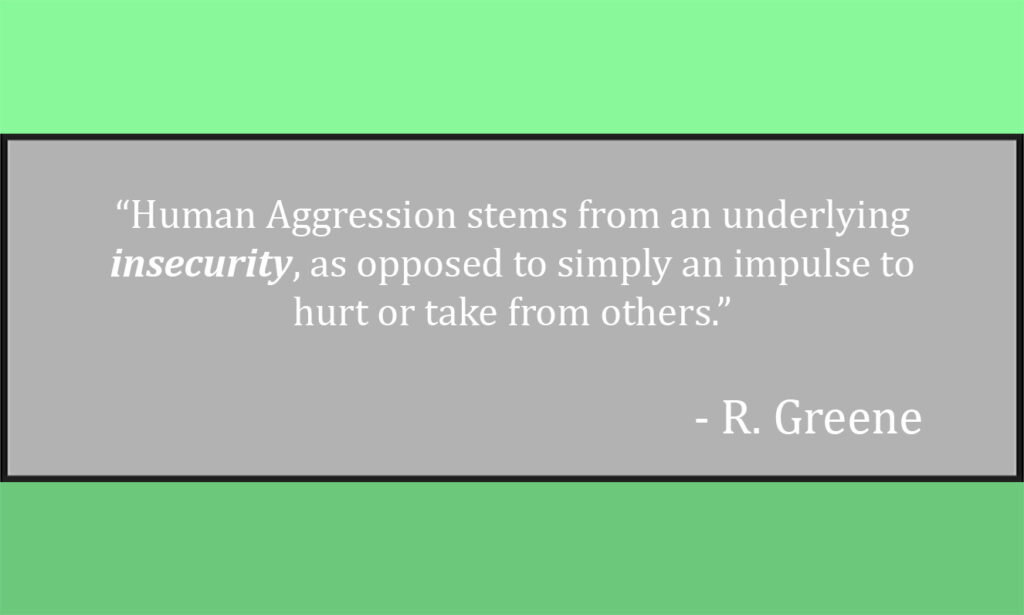
17. Generational myopia – realize what kind of generation you are in and seize the historical moment.

Each generation has its own symbol, myths, beliefs, and mindset which constitute its generational spirit.
18. Death Denial – Accept that you are mortal and there will one day be an end to life on earth.
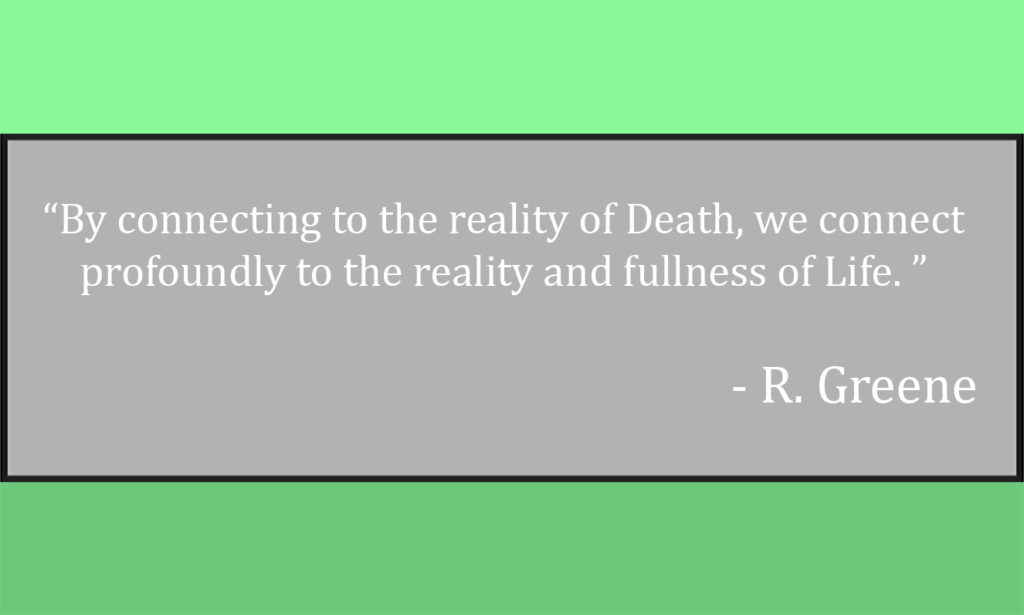
Our remaining years on earth are a deadline for your current life projects. Make the most of your time. Work on what matters most to you, including relationships and goals.
Social
Socially most of us can be categorized as peaceful and passive, wanting to just get along with the group and go with the flow with a loose focus on allegiances and loyalty. As soon as someone is perceived as better than the current leaders our loyalty can easily shift. Some of us want to have all the status and perceived positive advantages of being a leader, without putting in the work. Not many of us actually have the will to lead. Fewer of us still have the will to dominate, yet there is always a group or individual that has that Will and imposes it on others.
Citations
Čirjak, A. (2020, May 1). What are the 5 layers of the Earth’s atmosphere? WorldAtlas. Retrieved July 15, 2022, from https://www.worldatlas.com/articles/what-are-the-5-layers-of-the-earth-s-atmosphere.html
Taylor, M. (2009). The nature book: What it is and how it lives. Michael O’Mara Books Ltd.
Butt, E. (2020, January 29). Night on Earth. Night on Earth. whole, Netflix.
Osho. (2013). In Living on your own terms: What is real rebellion? St. Martin’s Griffin.
Greene, R. (2018). The laws of human nature. New York, New York: Viking.
Soper, K. (1995). What is nature? Blackwell.
Valades, D. (1579) Image of the Great Chain of Being, from Retorica Christiana.

0 Comments